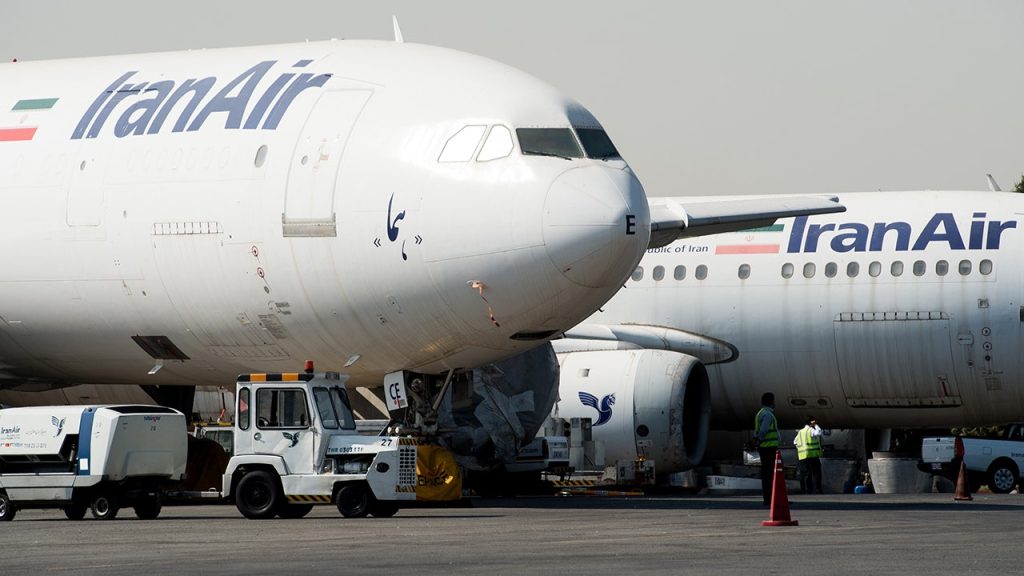All flights from Iran’s airports were canceled on Sunday until 6 a.m. local time on Monday due to operational restrictions. Iran’s Civil Aviation Organization announced the flight cancellations, but no further details were provided as to why the restrictions were put in place. This comes after Iran launched a barrage of ballistic missiles at Israel last Tuesday, prompting Israel to vow to respond to the attack. The ongoing conflict between Iran and Israel has led to heightened tensions in the region and has resulted in various retaliatory measures being taken by both sides.
Iran’s recent missile attack on Israel was said to be in retaliation for the killing of Hezbollah leader Hassan Nasrallah in Beirut, Lebanon, in an Israeli airstrike in September, as well as the killing of Hamas leader Ismail Haniyeh in Tehran in July. The ongoing conflict between Hamas and Israel has also led to constant attacks between the two sides since the Israel-Hamas war began on October 7. The situation has escalated to the point where both Hamas in Gaza and Hezbollah in Lebanon have been trading attacks with Israel, further adding to the already tense situation in the region.
Israeli Prime Minister Benjamin Netanyahu condemned Western leaders who have called for an arms embargo on Israel over its airstrikes against Hamas in Gaza. Netanyahu called for all civilized countries to stand firmly by Israel’s side as it fights against the forces of barbarism led by Iran. He specifically called out French President Macron and other Western leaders for calling for arms embargoes against Israel, stating that they should be ashamed of their stance. The ongoing conflict between Israel and Iran continues to draw international attention and criticism from various world leaders.
The flight cancellations in Iran have caused disruptions in travel plans for many individuals, but the reason for the operational restrictions remains unclear. The ongoing conflict between Iran and Israel has led to heightened security measures being implemented, which may have impacted flight operations in the region. As tensions continue to escalate, it is likely that further restrictions and disruptions to travel and other services could occur as both sides continue to engage in retaliatory measures against each other.
The ongoing conflict between Iran and Israel has raised concerns about the potential for further violence and instability in the region. Both sides have engaged in retaliatory measures against each other, leading to increased tensions and the possibility of further escalations. The international community has been closely monitoring the situation and has called for a de-escalation of tensions to prevent further violence and conflict. The ongoing conflict has also highlighted the need for diplomatic solutions to address the root causes of the conflict and to prevent further violence in the region.
Overall, the situation in the Middle East remains volatile as tensions between Iran and Israel continue to escalate. The recent flight cancellations in Iran are just the latest example of how the ongoing conflict has disrupted daily life in the region. As both sides continue to engage in retaliatory measures, the potential for further violence and instability remains a grave concern. It is imperative for all parties involved to work towards a peaceful resolution to the conflict in order to prevent further bloodshed and ensure the safety and security of the people in the region.















